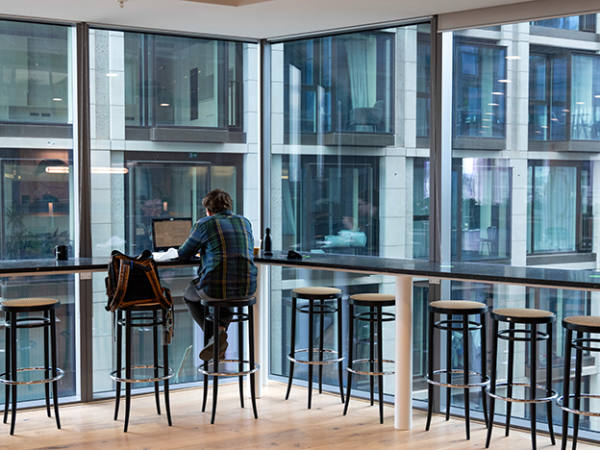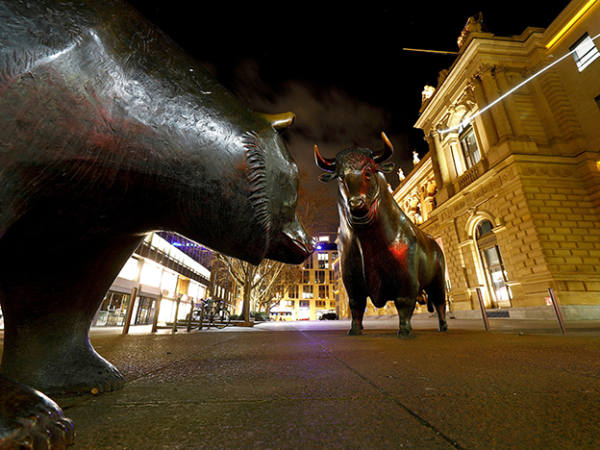Olam International (SI:O32) wouldn’t mind you calling their strategy ‘nuts’. That’s because it is. The Singapore-based farming and trading company is about to give London investors the big sell on its food ingredients business, which farms and sells cocoa, coffee, spices, dairy and nuts. It will spin off and list this division in London by the end of the year.
‘Soft’ commodities, ranging from bulk crops like wheat, soy and corn, to coffee and cacao and cotton, have seen major price gains alongside their harder counterparts in the industrial space in the past year. This was driven by both pandemic demand and the effects of drought and other difficult conditions on supply.
Brazil is a key producer of many crops and has struggled with drought this year. Arabica coffee prices surged to over $2 a pound (lb) last month, a seven-year high. Sugar supply was also hit by the dry weather, and futures contracts are trading two-thirds higher than a year ago.
To show how linked the commodity world can be - beyond iron ore and the metallurgical coal used in the steelmaking process, for example - the high oil price has helped drive this sugar rise. “India, the world’s second largest shipper [of sugar] is considering diverting canes towards the production of biofuel to curb imports of increasingly expensive crude oil,” said Ole Hansen, head of commodity strategy at Saxo Bank.
London investors currently have little access to soft commodities. There is broader exposure available through side-doors, like pork and chicken supplier Cranswick (CWK) or high-level husbandry company Genus (GEN), although neither are likely to bring in vegetarian investors.
FTSE 100 resources giant Glencore (GLEN) has an agricultural trading arm as well, although its mining divisions are far larger, while there are also a handful of palm oil producers.
Olam ranks itself alongside global trading giants Cargill and Bunge (US:BG), which dominate agricultural markets. Chief executive Sunny Verghese said while those giants were certainly larger, Olam had “much higher” growth rates. “We [also] have higher capital efficiency in terms of return on invested capital, and we have significantly....better returns in terms of [return on equity],” he said.
Each of these companies has also shifted its pitch to include sustainability and friendliness to the growers. Olam admits it has some way to go on child labour, with 7,059 cases found in the 2018/2019 cocoa supply chain season in Cote d’Ivoire.
The company said this was largely children doing “hazardous” tasks on the family farm, which counts as child labour, but was working on “remediating all instances of child labour”.
Forecasts for soft commodities are similar to those for hard commodities: unreliable. Especially when crops can fail across whole regions.
US consultancy Goehring and Rozencwajg is both bullish on short-term demand and conditions for a longer-term bull market. “Strong demand is about to collide with climate-related supply problems,” the consultancy said in a recent note.
“It now looks like China might become a huge wild card in global grain markets as its agricultural demands, now spilling over into exports markets, continue to increase.”











